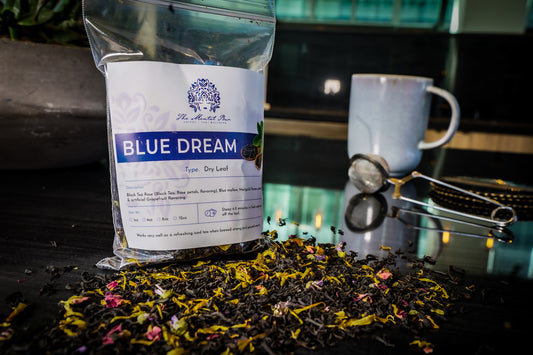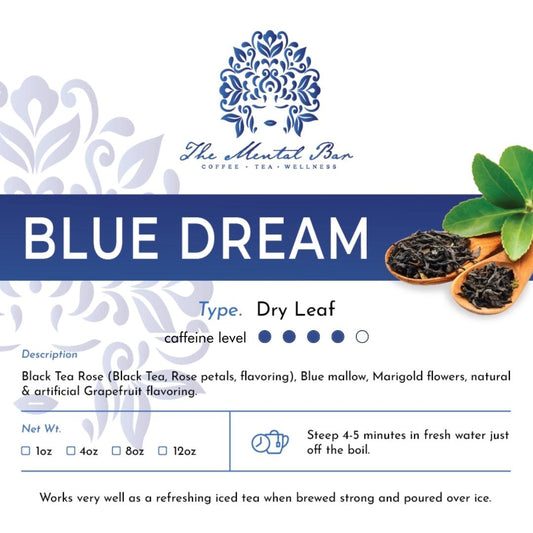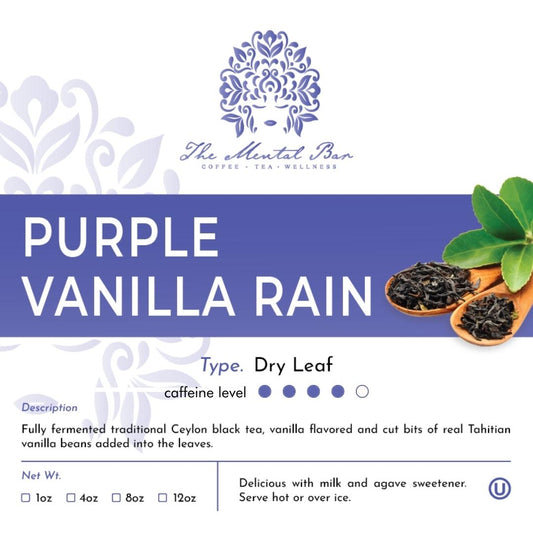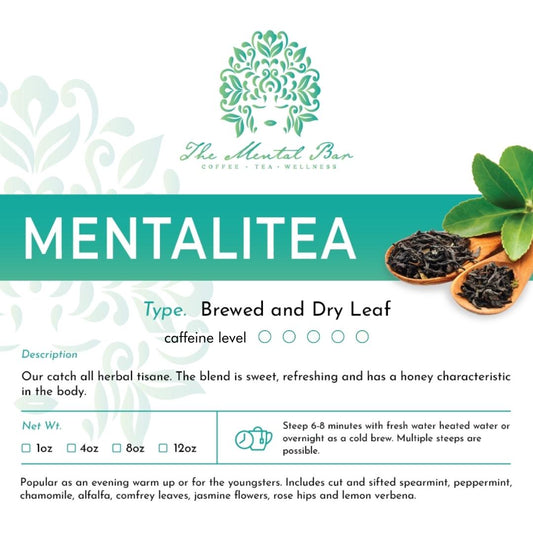Can coffee have a positive impact on mental health?
Coffee is one of the most widely consumed beverages in the world, with an estimated 2.25 billion cups of coffee consumed every day globally. Many people turn to coffee to give them a much-needed energy boost or to help them focus during their time at the office or workplace. However, coffee has also been linked to different mental health conditions, and recent studies suggest that coffee may have a positive impact on the brain and mental function.
The relationship between coffee and mental health has been studied for decades. In the past, coffee got a bad rap and was often considered harmful to mental health, with many studies linking it to anxiety and depression. However, more recent studies that dig a bit deeper into the relationship between coffee and the brain have found that coffee may actually have a positive impact on mental health.
Studies on caffeine and the brain
Some studies have actually yielded results that found coffee consumption was associated with a lower risk of depression. The study followed nearly 300,000 participants over a period of four years and found that those who drank coffee regularly had a lower risk of developing depression than those who did not. Another study published in the Journal of Alzheimer’s Disease found that coffee consumption was associated with a lower risk of older people developing Alzheimer’s disease. It followed over 1,400 participants over a two to four year period and found that those who drank coffee regularly had a lower risk of developing Alzheimer’s disease when compared to those who did not drink the beverage.
While the exact mechanisms behind the connection between coffee and mental health are not fully understood, there are several theories. One of which suggests that the consumption of coffee may help to reduce inflammation in the brain. Inflammation is a known factor in many mental health conditions, including depression, anxiety, and Alzheimer’s disease. By reducing inflammation, coffee may actually help to protect the brain from these conditions. Another theory is that coffee may help to boost the production of certain neurotransmitters in the brain, including dopamine and serotonin. Both of these neurotransmitters are known to play a role in mood regulation, and low levels of these neurotransmitters have been linked to depression and anxiety.
Can coffee have negative effects?
While coffee may have a positive impact on certain mental health conditions, it can also have negative effects if it is consumed in excessive or unsafe quantities. Drinking too much coffee can lead to things like increased anxiety and the jitters, especially in people who are sensitive to caffeine. Additionally, some people may experience sleep disturbances from too much caffeine or other negative side effects. If you’re looking to use coffee as a tool to support your mental health, it’s important to be mindful of your consumption and to pay attention to how your body reacts. It’s also worth noting that while coffee may be helpful for some people, it is not a replacement for other forms of mental health treatment or medications prescribed by a medical professional.
Final thoughts
So, what’s the bottom line when it comes to the connection between coffee and mental health? Well honestly, while there are a lot of indicators that coffee can have positive effects, the truth is that much more research is needed. However, from the studies that have been performed, the indicators are positive with the evidence so far suggesting that coffee may have a positive impact on a number of different diseases and mental health conditions. For the rest of us, coffee can simply continue to be a versatile and enjoyable beverage.
The relationship between coffee and mental health has been studied for decades. In the past, coffee got a bad rap and was often considered harmful to mental health, with many studies linking it to anxiety and depression. However, more recent studies that dig a bit deeper into the relationship between coffee and the brain have found that coffee may actually have a positive impact on mental health.
Studies on caffeine and the brain
Some studies have actually yielded results that found coffee consumption was associated with a lower risk of depression. The study followed nearly 300,000 participants over a period of four years and found that those who drank coffee regularly had a lower risk of developing depression than those who did not. Another study published in the Journal of Alzheimer’s Disease found that coffee consumption was associated with a lower risk of older people developing Alzheimer’s disease. It followed over 1,400 participants over a two to four year period and found that those who drank coffee regularly had a lower risk of developing Alzheimer’s disease when compared to those who did not drink the beverage.
While the exact mechanisms behind the connection between coffee and mental health are not fully understood, there are several theories. One of which suggests that the consumption of coffee may help to reduce inflammation in the brain. Inflammation is a known factor in many mental health conditions, including depression, anxiety, and Alzheimer’s disease. By reducing inflammation, coffee may actually help to protect the brain from these conditions. Another theory is that coffee may help to boost the production of certain neurotransmitters in the brain, including dopamine and serotonin. Both of these neurotransmitters are known to play a role in mood regulation, and low levels of these neurotransmitters have been linked to depression and anxiety.
Can coffee have negative effects?
While coffee may have a positive impact on certain mental health conditions, it can also have negative effects if it is consumed in excessive or unsafe quantities. Drinking too much coffee can lead to things like increased anxiety and the jitters, especially in people who are sensitive to caffeine. Additionally, some people may experience sleep disturbances from too much caffeine or other negative side effects. If you’re looking to use coffee as a tool to support your mental health, it’s important to be mindful of your consumption and to pay attention to how your body reacts. It’s also worth noting that while coffee may be helpful for some people, it is not a replacement for other forms of mental health treatment or medications prescribed by a medical professional.
Final thoughts
So, what’s the bottom line when it comes to the connection between coffee and mental health? Well honestly, while there are a lot of indicators that coffee can have positive effects, the truth is that much more research is needed. However, from the studies that have been performed, the indicators are positive with the evidence so far suggesting that coffee may have a positive impact on a number of different diseases and mental health conditions. For the rest of us, coffee can simply continue to be a versatile and enjoyable beverage.







